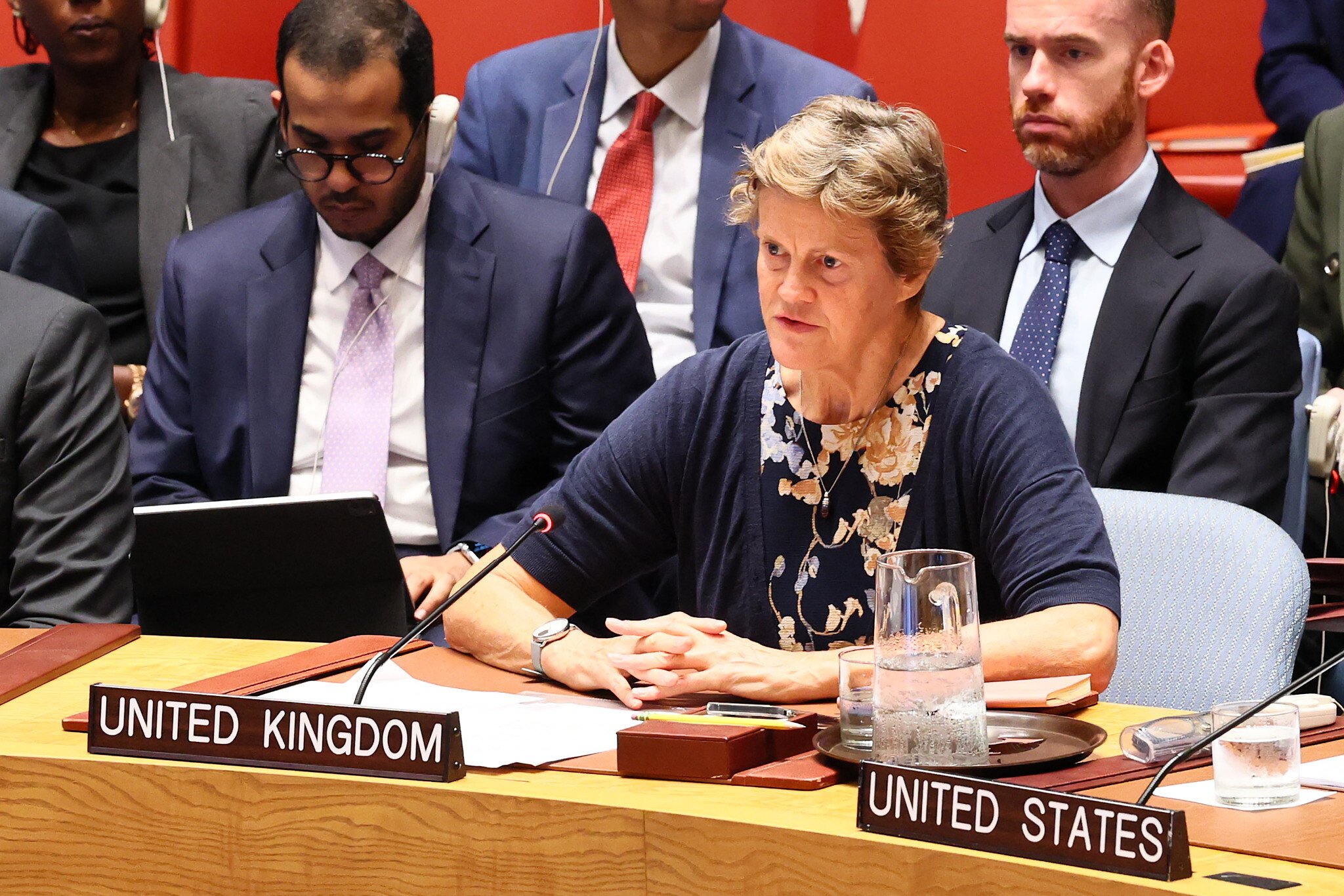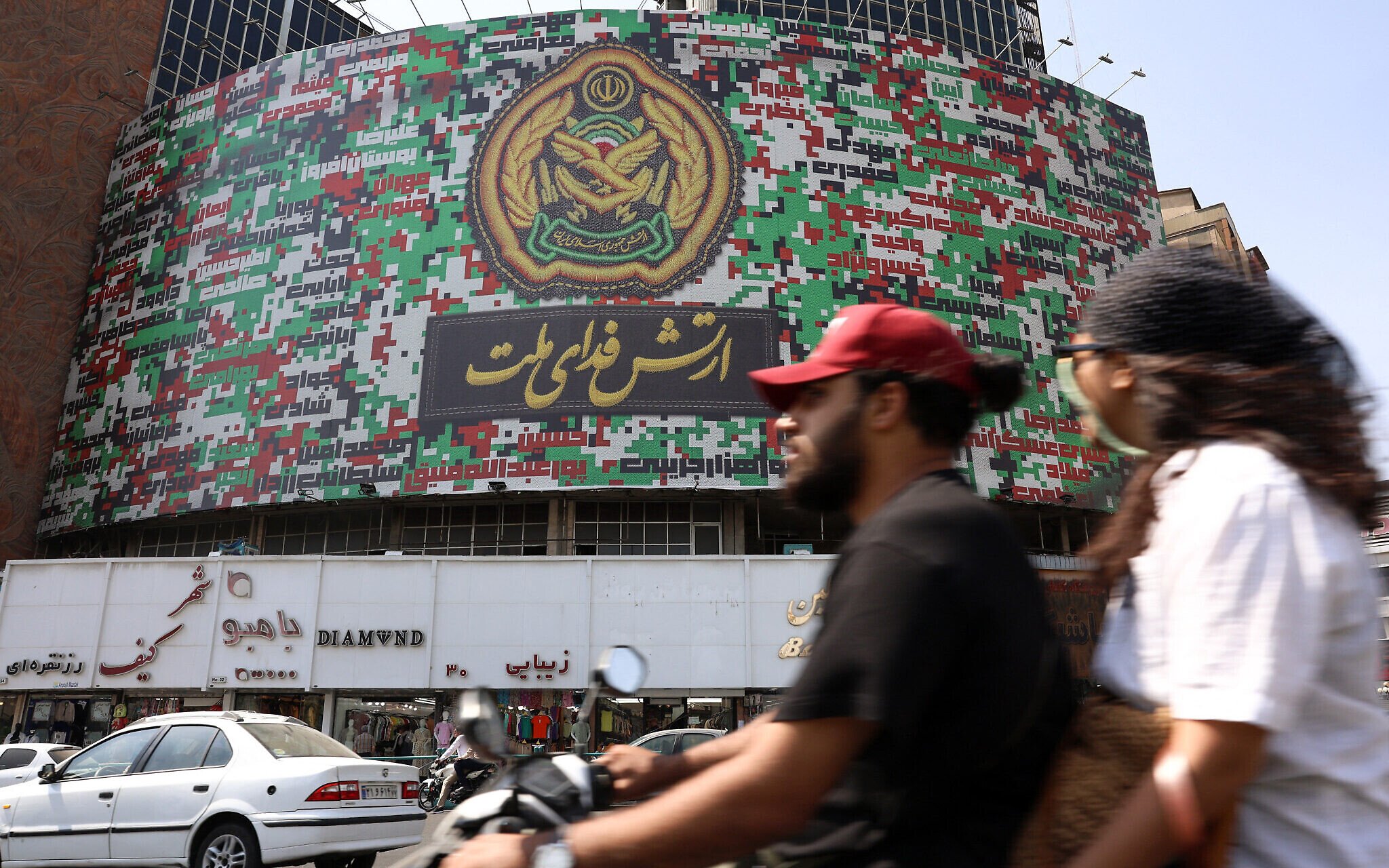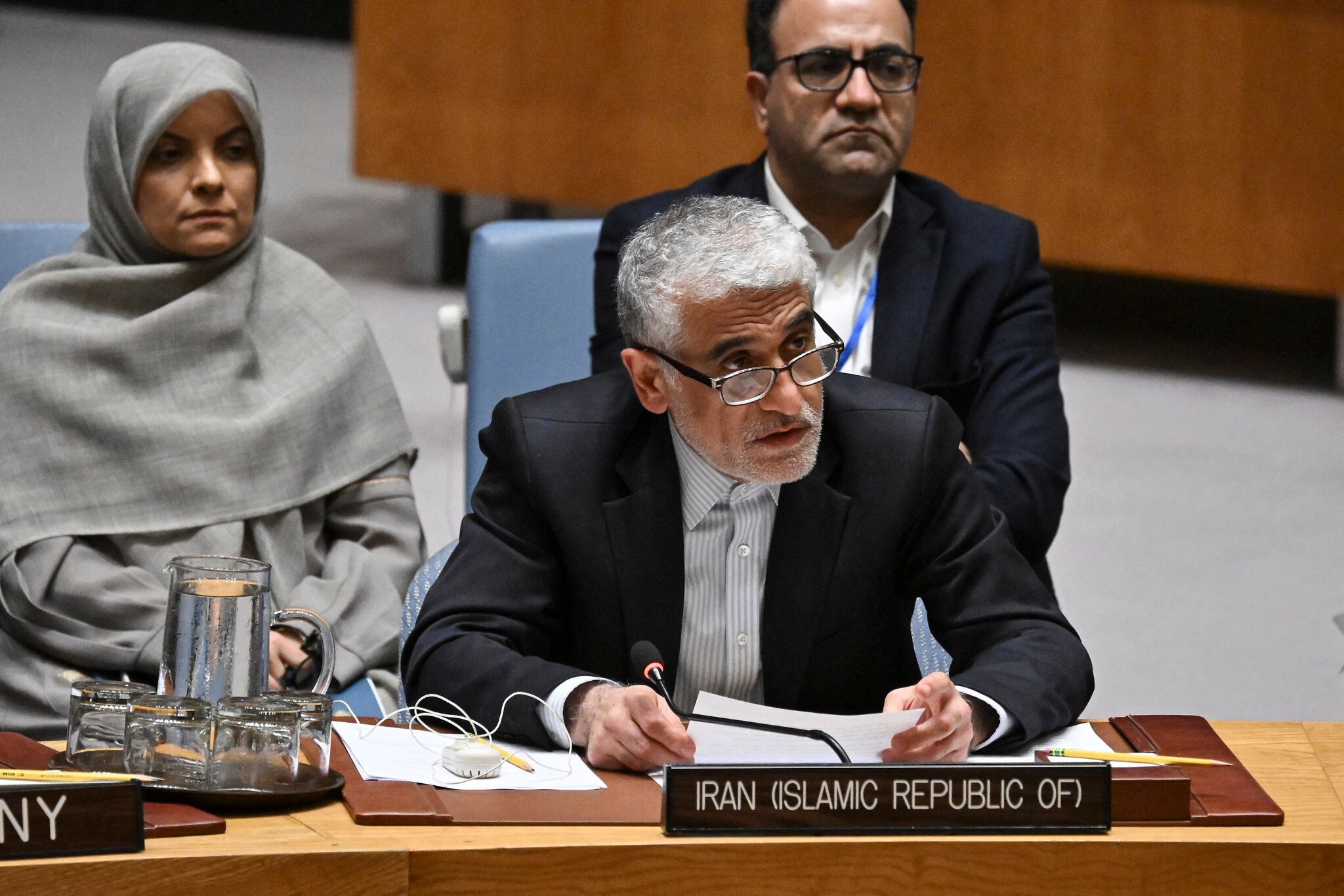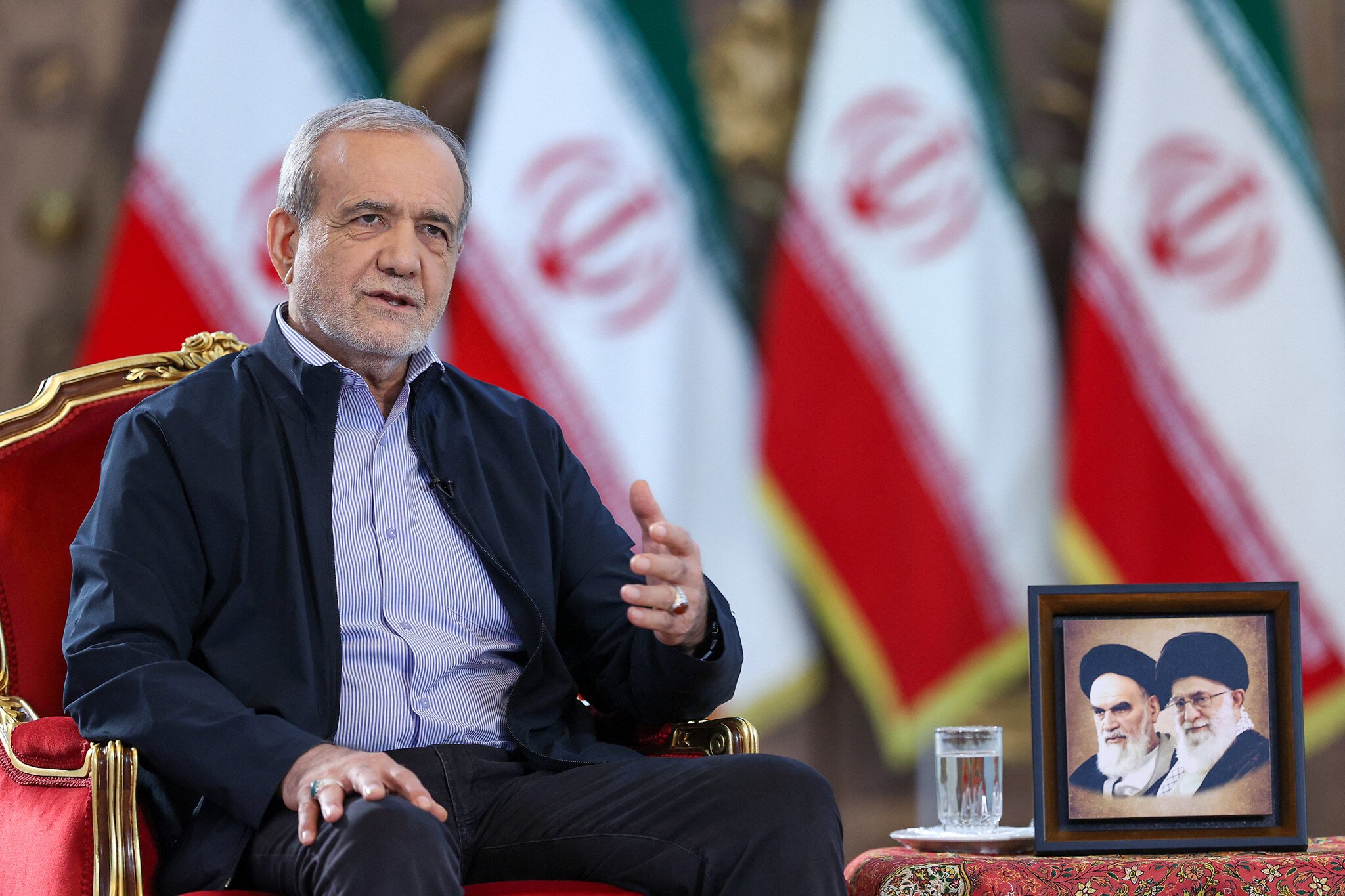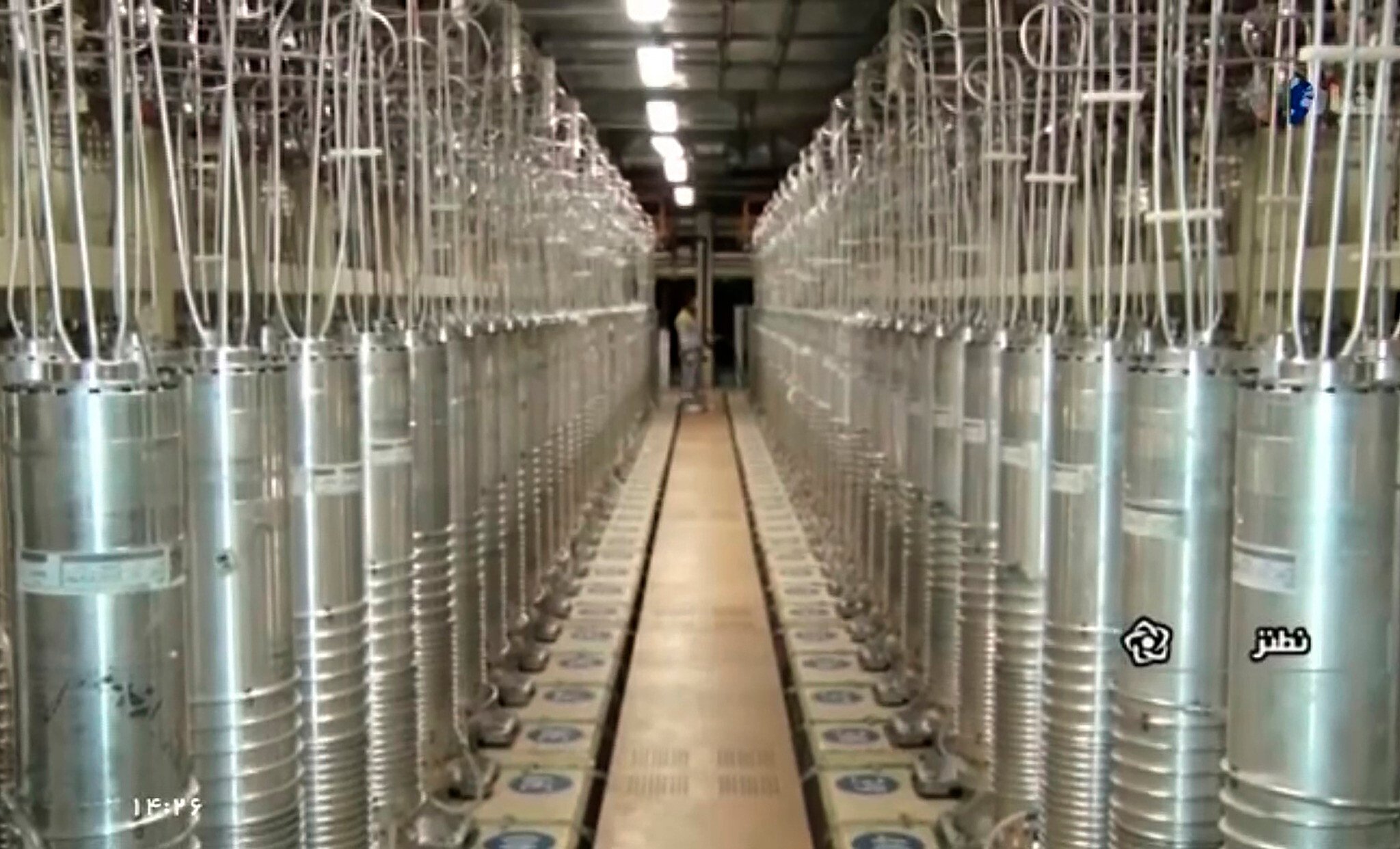


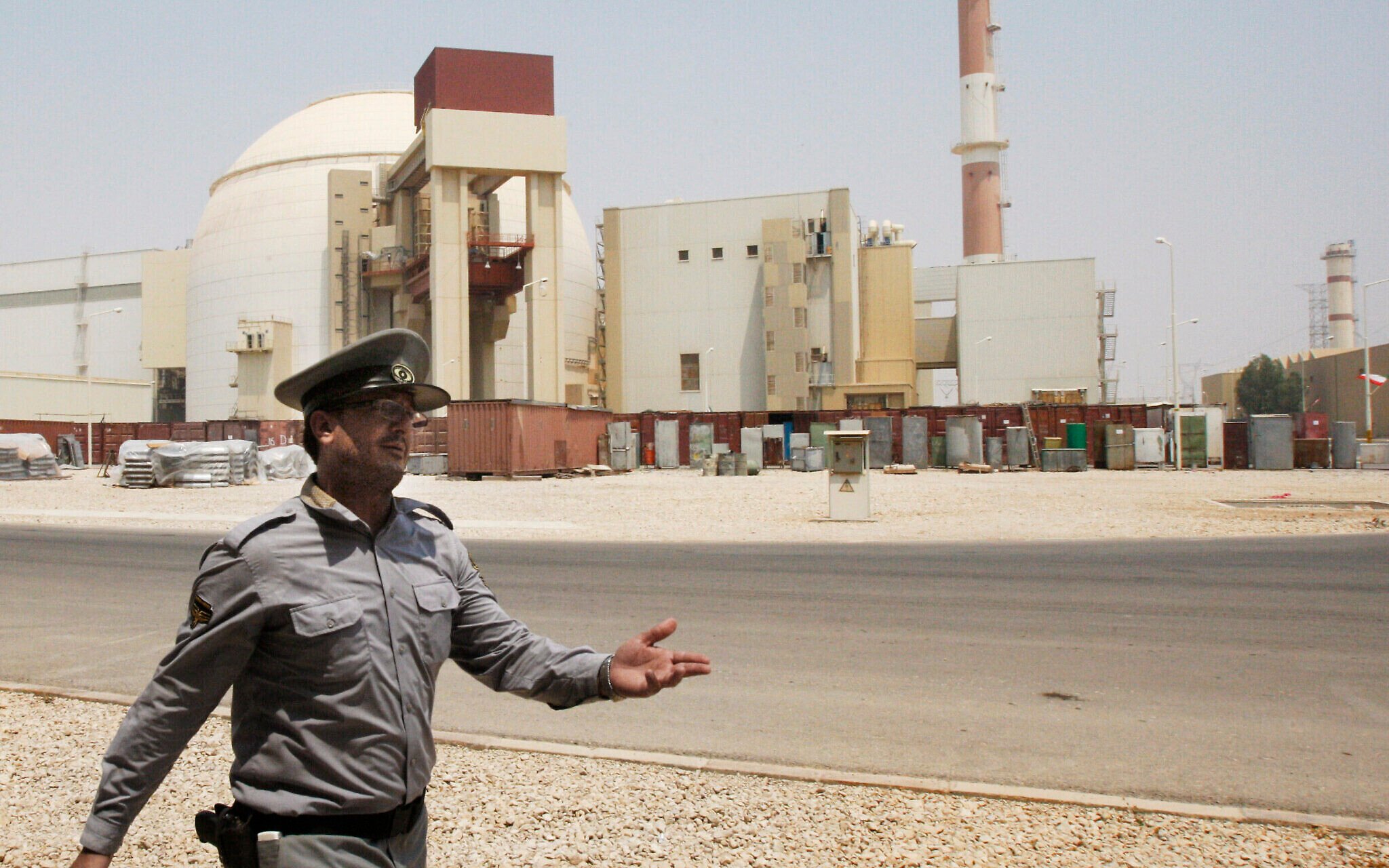
European powers said Friday they were ready to drop a new push for sanctions on Iran if it addresses concerns on its nuclear program over the next month, but Tehran denounced the offer as insincere.
Britain, France and Germany, known as the E3, triggered the so-called snapback mechanism the previous day to reinstate UN sanctions on Tehran for failing to comply with commitments made in a 2015 deal over its nuclear program.
In July, “we offered Iran an extension to snapback, should Iran take specific steps to address our most immediate concerns,” Barbara Woodward, the British ambassador to the United Nations, said alongside her German and French counterparts ahead of a closed-door Security Council meeting on the issue.
“As of today, Iran has shown no indication that it is serious about meeting” E3’s requests, she said.
But triggering the snapback mechanism “does not mark the end of diplomacy. Our extension offer remains on the table,” Woodward said.
On a visit to Copenhagen, EU foreign policy chief Kaja Kallas said that the 30-day window before the sanctions took effect offered an “opportunity” for diplomacy.
“We have 30 days to sort things out,” she told reporters.
US Secretary of State Marco Rubio said Thursday that Washington was also open to direct talks with Iran.
The 2015 deal negotiated under former US president Barack Obama offered Iran sanctions relief in return for drastically scaling back its nuclear work.
US President Donald Trump effectively killed the deal during his first term when he pulled out the United States and imposed sweeping sanctions, including on countries that bought Iranian oil.
Trump had moved toward diplomacy in his second term, but that was frozen when Israel launched a sweeping assault on Iran’s top military leaders, nuclear scientists, uranium enrichment sites, and ballistic missile program, which it said was necessary to prevent the Islamic Republic from realizing its avowed plan to destroy Israel.
Iran accused the Europeans of bad faith and “blackmailing” Tehran by speaking of the 30-day window.
The E3 “has put forward an extension plan full of unrealistic conditions. This is a hypocritical move,” Iran’s ambassador to the United Nations, Amir-Saeid Iravani, told reporters after the Security Council meeting.
“They are demanding conditions that should be the outcome of the negotiations, not the starting point, and they know these demands cannot be met,” he said.
He said they should instead support “a short, unconditional technical extension of resolution 2231,” which enshrined the 2015 Iran nuclear deal.
Russia and China have proposed extending the resolution behind the 2015 deal, which they signed, for another six months.
Russia said President Vladimir Putin will meet with his Iranian counterpart Masoud Pezeshkian on Monday on the sidelines of a gathering in China.
The Russian foreign ministry urged the Europeans to reconsider the sanctions, which it said risked “irreparable consequences.”
Iranian Foreign Minister Abbas Araghchi warned again via social media of “significant adverse impacts” of the European decision, including on Iran’s relationship with UN nuclear inspectors, who this week were allowed back to observe the key Bushehr plant.
On Thursday, Aragchi said Iran is ready to resume “fair ” negotiations over its disputed nuclear program if the West shows goodwill.
“Araghchi reaffirmed Iran’s readiness to resume fair and balanced diplomatic negotiations, on the condition that the other parties show seriousness and goodwill and avoid actions that harm the chances of success,” he said in a letter sent to Kallas.
Pezeshkian said in a pre-recorded TV interview on Friday that Iran does not seek war, but if Israel and the United States attack, Tehran will stand against them “forcefully.”
“America and Israel seek to divide and destroy Iran, but no Iranian wants Iran to be divided,” he said.
Iran has consistently denied seeking to acquire nuclear weapons.
However, it enriched uranium to levels that have no peaceful application, obstructed international inspectors from checking its nuclear facilities, and expanded its ballistic missile capabilities. Israel said Iran had recently taken steps toward weaponization.
Meanwhile, the Iranian parliament has started drafting a plan to withdraw from the Nuclear Non-Proliferation Treaty, the semi-official Tasnim News Agency reported Friday.
Speaking to Tasnim News, Iranian lawmaker Hossein-Ali Haji-Deligani said the plan to withdraw from the NPT will be available for lawmakers to review from Saturday and could be approved next week.
“These are the consequences of activating the snapback mechanism,” he said, accusing the E3 countries of being “the source of many problems in the world.”
He said that “other measures that are unfortunate for the key countries of the snapback will also be taken.”
Iran first warned in July that it would leave the NPT, one of the last remaining safeguards against the Islamic Republic’s nuclear program, if snapback sanctions were reimposed.

